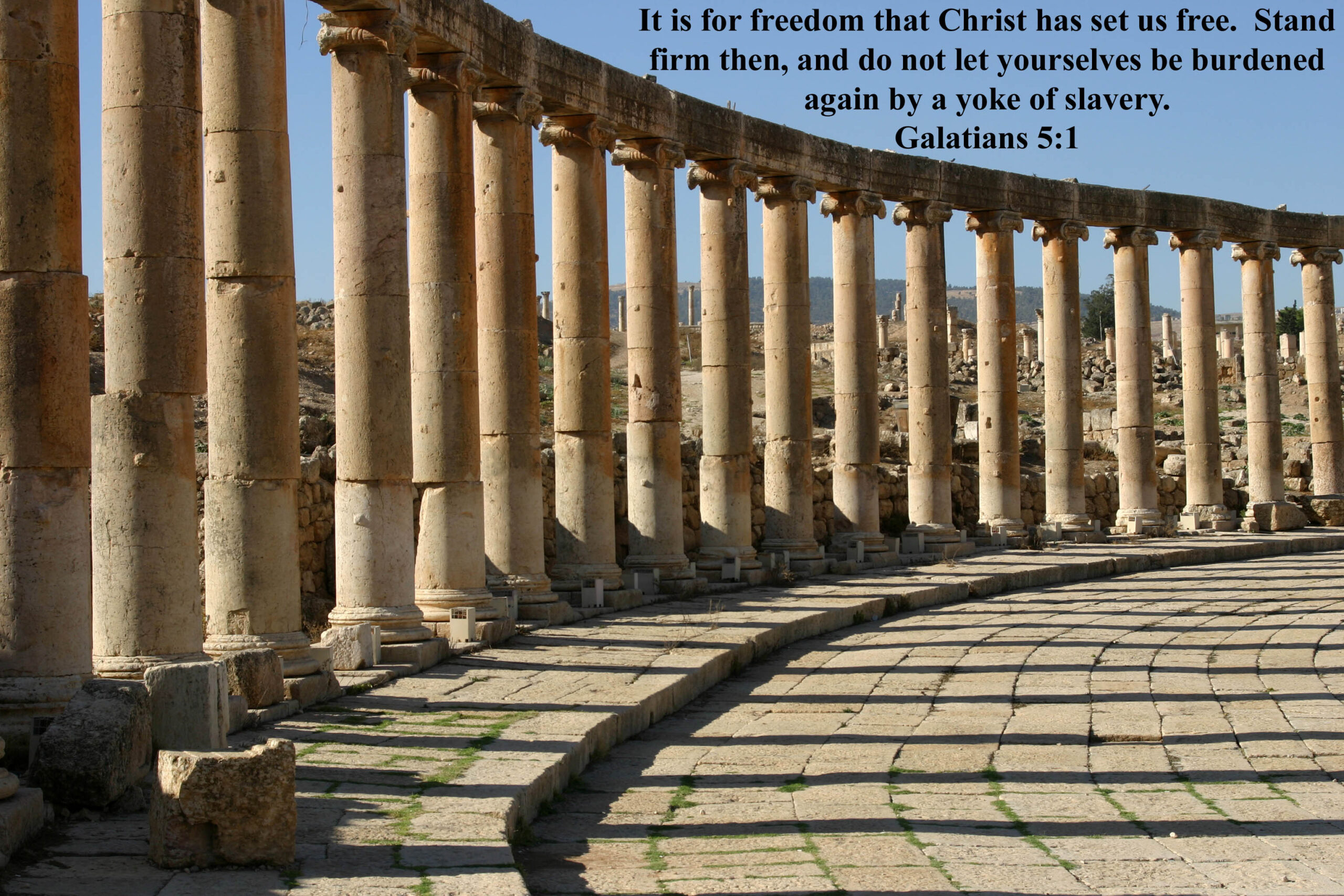After Matthew has completed his narration of Jesus’ birth, ending at His family’s relocation in Nazareth, he plunges straight in to John the Baptist’s preaching of the Kingdom. Both the Gospels and Josephus[1] accord John the Baptist a place of honor as a highly respected (at least among the general populace) and powerful influence in Judea and Galilee in the twenties A. D. From Luke 3:7, 15, 21, Matthew 3:5, and Mark 1:5 it is clear that he drew a lot of attention and that his impact was marked. He even had a band of followers (Lk. 7:19; Jn. 3:25), and some of these men continued to be identified as his disciples for years. The Apostle Paul encountered some as far afield as Ephesus in Acts 19:1-7. John’s job was not to grant certain initiates private access to Messiah’s identity. Rather, John introduced Jesus with a loud bang!
John the Baptist’s preaching is chock full of OT references. Walter Kaiser notes over fifty allusions or quotations of the OT, mainly from Isaiah, Malachi, and Jeremiah.[2] John is a new prophet of God who has appeared on the scene after more than four centuries of silence, but he is an OT prophet in character and substance. His ministry is announced, Elijah-like, suddenly by Matthew:
In those days John the Baptist came preaching in the wilderness of Judea, and saying, “Repent, for the kingdom of heaven is at hand!” – Matthew 3:1-2.
In contrast to Jesus, who will begin His ministry in the north, John preaches in the southern part of Israel, but in the wilderness, baptizing in the River Jordan (Matt. 3:5-6; Lk. 3:3; Jn. 1:28). His message included moral reformation and repentance (Matt. 3:8; Lk. 3:3, 10-14), so he, like the OT prophets before him, was concerned with justice and righteousness. But this is hardly surprising as the Kingdom of God on earth must require these things. What reason does John give for preaching repentance? It is the coming Kingdom of Heaven (or God), and the preparation of “He who is coming.”
“I indeed baptize you with water unto repentance, but He who is coming after me is mightier than I, whose sandals I am not worthy to carry. He will baptize you with the Holy Spirit and fire. “His winnowing fan is in His hand, and He will thoroughly clean out His threshing floor, and gather His wheat into the barn; but He will burn up the chaff with unquenchable fire.” – Matthew 3:11-12.
What is striking about John the Baptist’s message is that it evokes imagery more associated with the Hebrew prophecies about what we know as the second advent. In the OT this phenomenon arises continually. It is something that will not go away. In the NT, although it is only to be expected that a great deal of importance is attached to Christ’s first coming, the emphasis upon the second coming is just as strong as it is in the OT.
But this opinion about Matthew 3:11-12 is not accepted universally. There are many who believe that because the baptism with the Holy Spirit occurred as a consequence of the first coming, the baptism of fire and the separation of wheat from chaff must also be looked for there. But the language of Matthew calls to remembrance such passages as this one:
“For behold, the day is coming, burning like an oven, and all the proud, yes, all who do wickedly will be stubble. And the day which is coming shall burn them up,” Says the LORD of hosts, “That will leave them neither root nor branch.
But to you who fear My name The Sun of Righteousness shall arise with healing in His wings; And you shall go out and grow fat like stall-fed calves.
You shall trample the wicked, for they shall be ashes under the soles of your feet on the day that I do this,” Says the LORD of hosts. – Malachi 4:1-3.
This prophecy pertains to the second advent, as indeed does the text from Isaiah 40 which is used by Matthew, Mark, and Luke to designate John the Baptist. Jesus applied this scripture to John in Luke 7:27. The Gospel of John records this passage as being upon the lips of John the Baptist when he was asked to identify himself. (Jn. 1:23).[3] Isaiah foresees a time when Jerusalem’s “warfare is ended” and “her iniquity is pardoned” (Isa. 40:2), and when “The glory of the LORD shall be revealed, and all flesh shall see it together” (Isa 40:5).[4] We are within a mystery here; one that must reconcile contingency with predetermination. The offer was bona fide, but the rejection of it was certain. We see a similar thing in Acts 3 where Peter tells the Jews that Christ will return if they repent (Acts 3:19-20).
[1] Flavius Josephus, Antiquities of the Jews, 18.116-119.
[2] Walter C. Kaiser, Jr., The Promise-Plan of God: A Biblical Theology of the Old and New Testaments, Grand Rapids: Zondervan, 2008, 234. Kaiser is relying on a work, John: the Baptist, Forerunner and Martyr by J. Elder Cumming.
[3] Luke uses more of the prophecy than do the other Evangelists.
[4] See also Isaiah 35:2.

2 comments On John the Baptist Preaches the Kingdom
TY
Pingback: Juan el Bautista Predica el Reino « ()